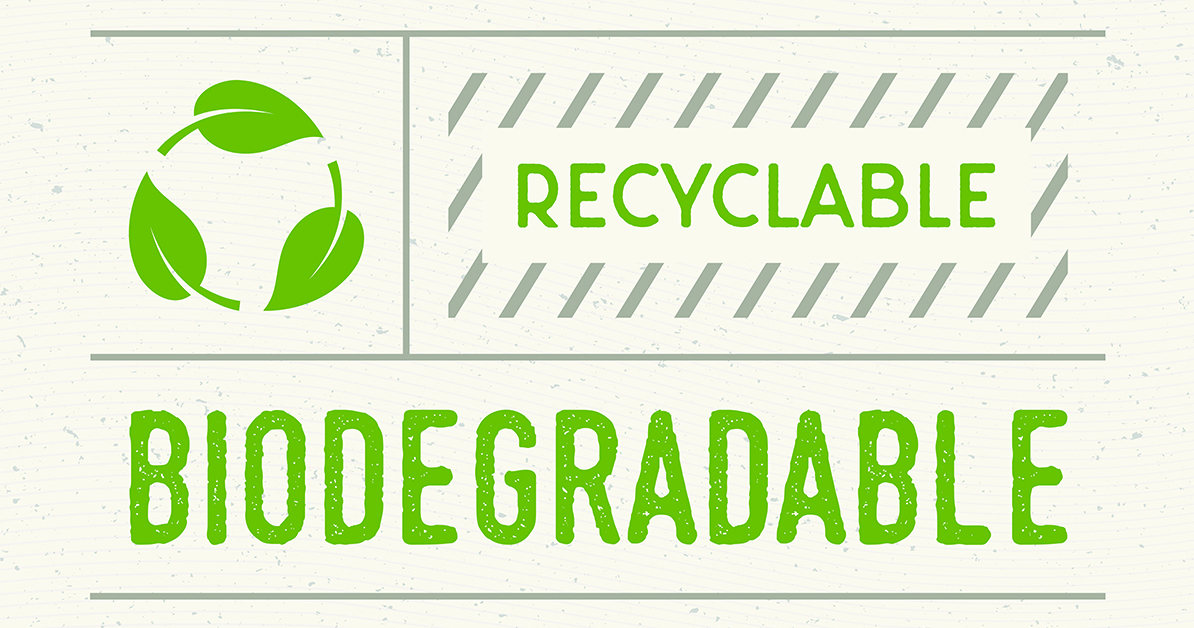The impact of cryptocurrencies on the environment is growing in tandem with its acceptance by mainstream financial institutions.

Inspired by the Paris Climate Agreement, a new environmental accord seeks to make the energy-intensive electronic mining for cryptocurrency and other digital tokens greener. The new Crypto Climate Accord is the cryptocurrency industry’s attempt to deal with token mining’s negative impact on the environment.
The Cambridge Bitcoin Electricity Consumption Index estimates that Bitcoin’s mining and decentralized transactions globally consume 60.45 terawatt-hours (TWh) annually. For comparison, Switzerland consumes only 58.46 TWh annually.
The Crypto Climate Accord sets out three primary objectives toward reducing crypto mining’s carbon footprint: to have all blockchains powered by 100% renewable sources by 2025, to develop an open-source standard to account for emissions from the cryptocurrency industry, and to achieve net-zero emissions across the whole industry
by 2040.
The agreement brings together the crypto and fintech industries. It has support from the United Nations Framework Convention on Climate Change Climate Champions, and from such participants as Consensys, Ripple and the XRP Ledger Foundation.
The impact of cryptocurrencies on the environment is growing in tandem with its acceptance by mainstream financial institutions. In the past month, Goldman Sachs and Morgan Stanley have both announced the incorporation of Bitcoin into their wealth management services; while online payment platform PayPal has begun accepting crypto payments.
“We have the technical solutions required to decarbonize blockchains. What the industry does not yet have—and needs—is a concerted effort,” says Walter Kok, CEO of the Energy Web Foundation. Energy Web is a public, low-cost open-source application that helps renewable energy buyers reduce their carbon footprint by purchasing different renewable energy products.
However, some cryptocurrency critics, such as Alex de Vries, a data scientist at the Netherlands’ central bank, argue that Bitcoin’s excessive energy consumption and environmental degradation cannot be reduced by using alternative renewable energy.
Some blockchain networks, such as Neo and Dash, have sought to address environmental concerns by using a verification protocol called proof-of-stake that requires fewer computing resources than Bitcoin’s proof-of-work protocol to verify and process transactions.



